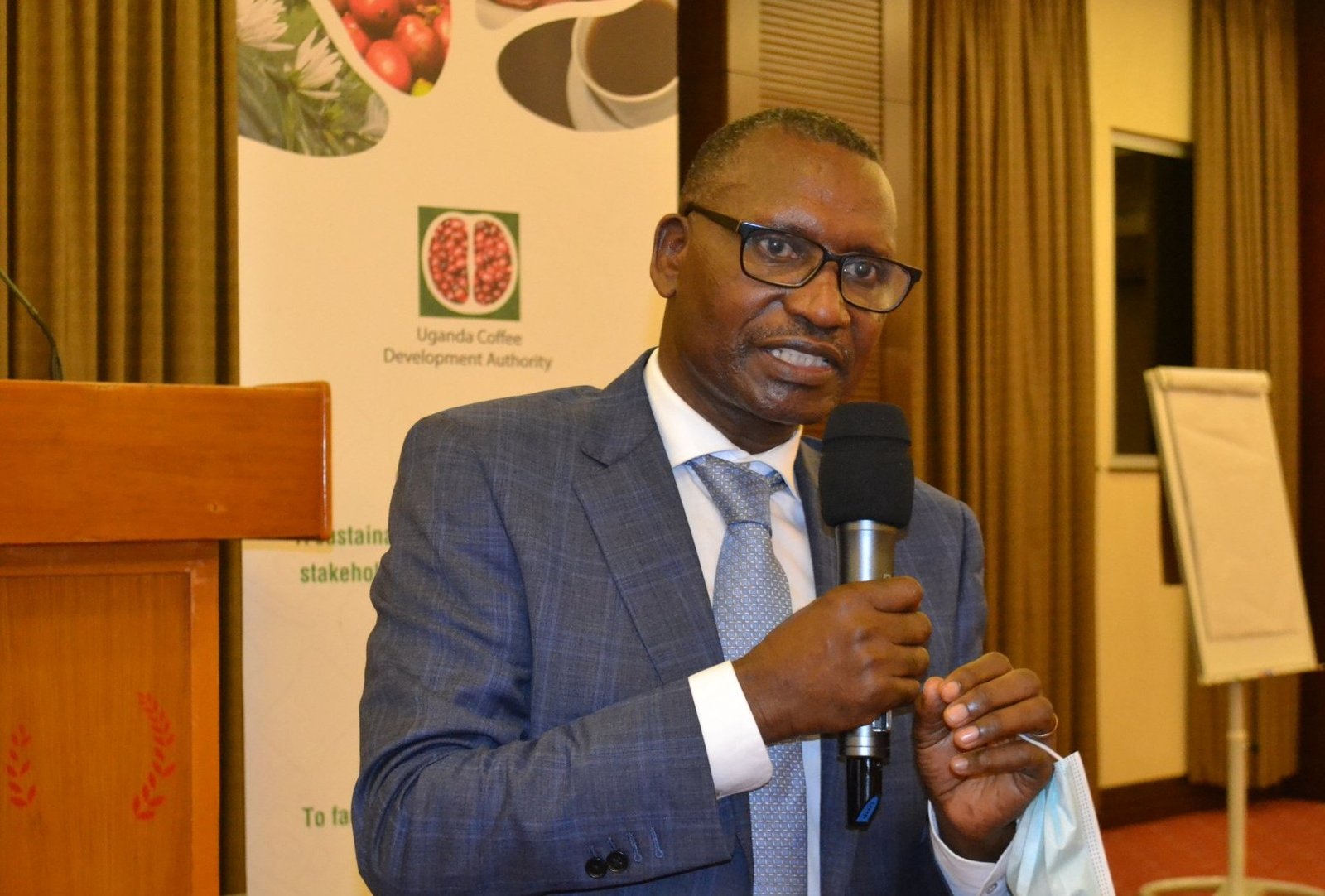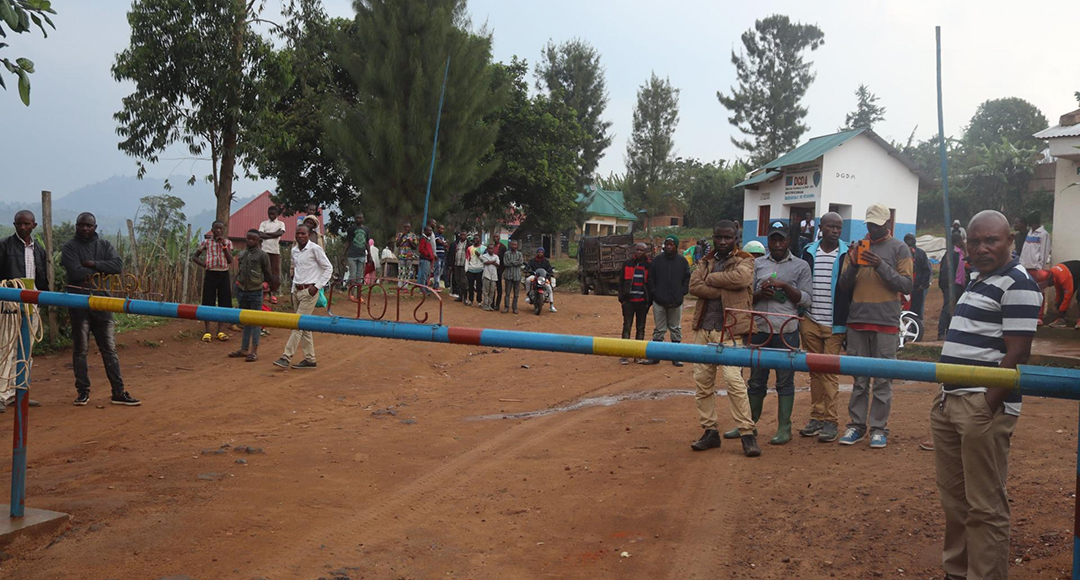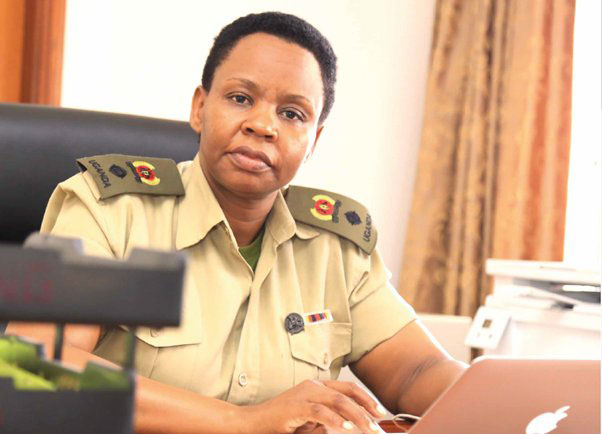The controversial agreement between Uganda and a foreign investor to process and export coffee was reached before the industry regulator was consulted, but the body might not oppose the deal, according to its top leadership.
The Uganda Coffee Development Authority Managing Director Dr. Emmanuel Iyamuremye says they are waiting for the consultative process before they can give their view on it.
“I am not a lawyer, how can I say whether it is a bad agreement or not?” he said on the sidelines of an agriculture industrialization dialogue in Kampala on Thursday. His position was based on the view of the Attorney General, that gave a clean bill of health to the deal.
According to the agreement that was signed in 2014, Uganda Vinci Coffee Company is supposed to buy Ugandan coffee, process it and export it.
However, following the signing of the Deed of Amendment to the agreement in February, many coffee industry players and political leaders criticized the government for giving the company several incentives like tax holidays, free access to water, subsidized electricity costs, among others.
Others included the clause that the company will be given priority before Uganda’s coffee is sold to any other buyer, local or international.
Those opposed to it said this created a monopoly, which is a violation of Ugandan laws and affects the performance and growth of local companies.
But proponents of the deal have dismissed the monopoly claims, saying the company will only require 60,000 metric tonnes a year, out of the total 480,000, and this can’t make it a monopoly.
The government also argued that this is a step towards adding value to Uganda’s coffee and increase on the export earnings.
On the need to add value, Dr. Iyamuremye said there is need to consider the whole value chain, including improving the farming methods and not just roasting coffee.
He however said there is need for the government to either finance value addition as part of the incentives, or create Public Private Partnerships due to the high cost of coffee the processes.
The controversy came just before the dust settled over the government decision to withdraw from the International Coffee Agreement of 2007 late last year.
The government represented by UCDA cited unfairness on the part of the International Coffee Organisation towards the coffee producing countries, saying the coffee buying countries were the main beneficiaries.
However, this move by UCDA also drew widespread criticism. A section of the coffee industry feared that the withdrawal would affect Uganda’s coffee market, a fear that the UCDA allayed, saying the ICO had no control over the market. Farmers and exporters also accused the UCDA of taking an important decision without consulting the industry.
Dr. Iyamuremye now says that the consultation process featured the board whose members are representatives of the various players in the industry including farmers, processors, traders and government agencies.
Since Uganda’s withdrawal was accepted by the ICO, there have been increased local and continental efforts to make the African coffee industry less dependent on the international decisions or controls.
These include rallying farmers, processors and traders to improve quality so that the global markets are attracted to the commodity, strengthening the Inter-African Coffee Organisation, ICAO, as a coffee development and market forum, as well as partnering with the African Union to improve cross-border trade.
Dr. Fredrick Kawuma, the African Coffee Ambassador at ICAO says the future of the African coffee industry lies local consumption.
He says that while most of the coffee consumed in Africa is imported, it is equal to the amount of the commodity that the continent produces.
He however says that for historical reasons, countries find it easier to trade with Europe than with fellow African countries, which must change.
Uganda’s other reason it cited for withdrawing from the ICO Agreement was the refusal by the global body to give Uganda’s coffee special categorization.
Uganda’s coffee is classified under the “others” category despite the country being the seventh largest producer of coffee and African largest exporter, with the likes of Brazil, Colombia and others being coffees categorized under their country names.
This has exposed Uganda’s coffee to being used to blend coffees from other countries to improve their quality, at the expense of the Ugandan industry.
Dr. Kawuma however, blamed the Ugandan government for doing little in marketing the country’s commodity, like other countries in Africa has done.
Godfrey Byamugisha, the Commissioner in charge of agriculture financing at the Ministry of Finance, Planning and Economic Development warned against sustained support to increasing productivity without thinking about the market.
The Food and Agriculture Organisation of the UN the government for the poor agriculture sector performance, especially for failure to improve the business environment.
Areas of poor performance include infrastructure, energy, communication, and water especially for irrigation, all of which are below the desired level, according to FAU Country Representative, Antonio Querido.
He told the dialogue dubbed Agri-Business Mkutano under the theme: Fulfilling the Agro-Industrialisation Agenda for Uganda, that Uganda will not achieve its agro-industrialisation dream unless it addresses these challenges.
The government also came under criticism for the persistently low funding to agriculture which has also affected its growth.
The national budgetary allocation to the sector has ranged between 2 and 3.5 percent for years, far below the commitments made under the Maputo Declaration of 2003, which asked for 10 percent to of the budget to be allocated to the agriculture sector.
Even the other good policies and strategies, including a well-developed research system have not been put to good use for the development of the sector, according to Augustine Ngafuan, the Country Manager, African Development Bank in Uganda.

















